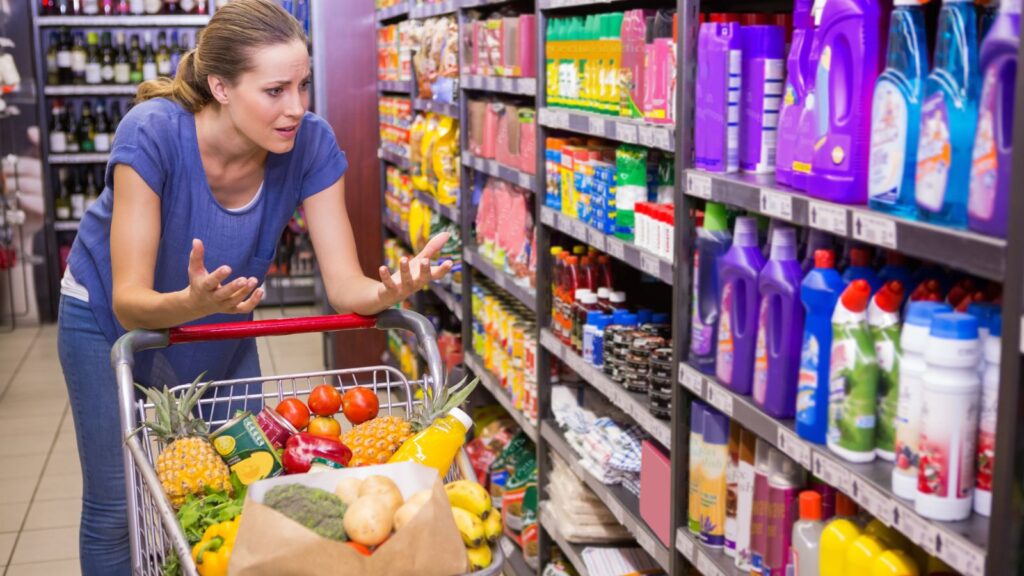There are a bunch of things that we spend money on every month that, honestly, we probably wouldn’t miss. Today, we’re going to look at 18 of them. If you cut back on these, you could save a lot of money and barely notice they’ve gone.
Home Car Wash
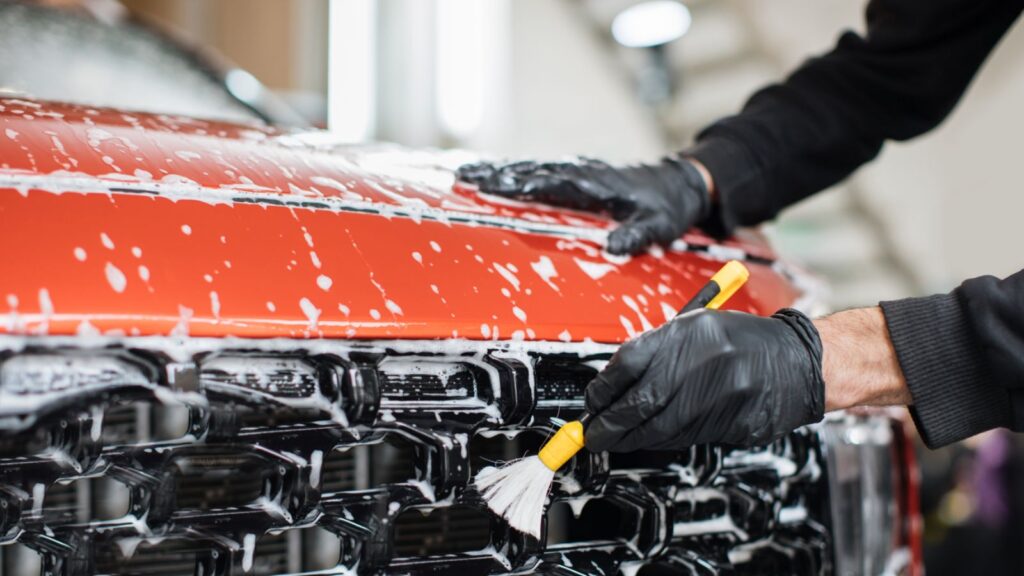
Think about how often you take your car to get washed. Although it might seem like a little bit here and there, it really adds up, and you’re better off washing it at home. It’s a simple way to save, and, let’s face it, scrubbing down your car on a sunny afternoon can be pretty satisfying. Of course, taking it in now and again is okay, but most months, just wash it at home.
Switch to Cloth Towels
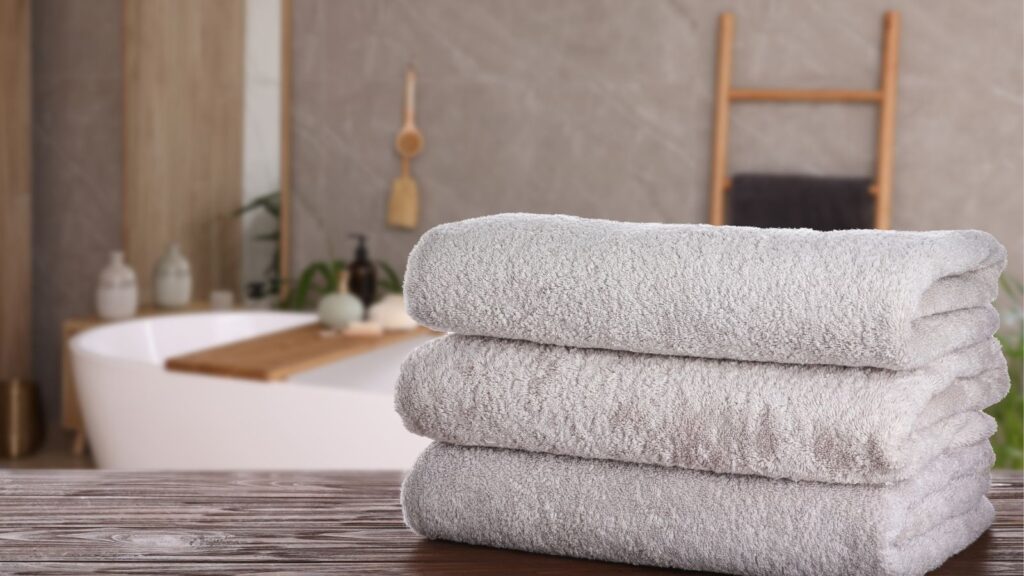
Using reusable cloth towels instead of constantly buying paper towels can save you more money than you think. They’re just as good at cleaning, if not better, and they’re also a lot better for the environment. You never know; you might even find that you prefer the durability of a cloth towel for cleaning anyway.
Laundry Expenses
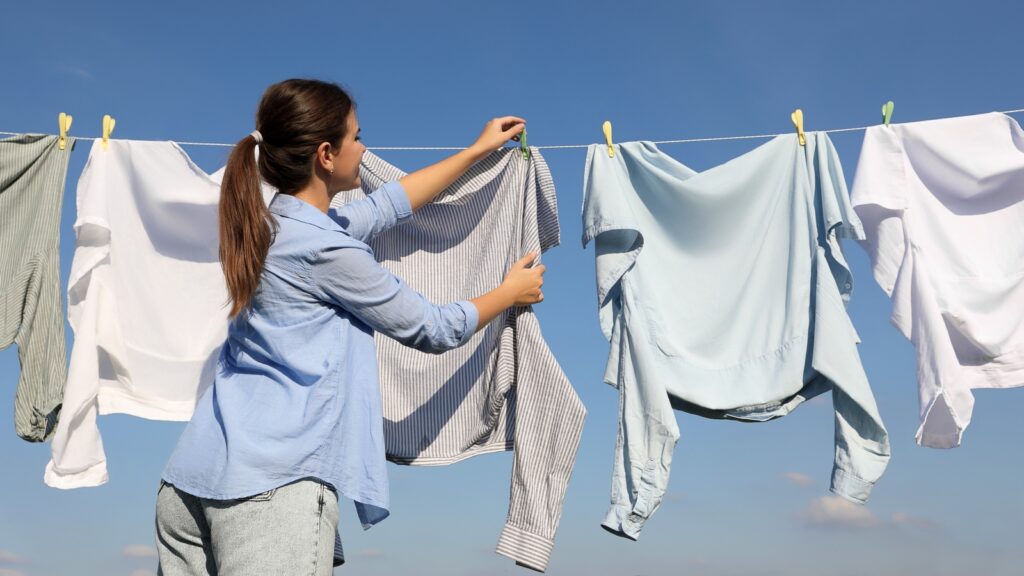
You can save a lot on laundry expenses by washing your clothes in cold water and drying them. This method will lower your bills and be gentler on your clothes, so they’ll last longer. You also don’t need to use all those fancy detergents, as the generic ones usually work just as well.
Cancel Credit Cards Extras
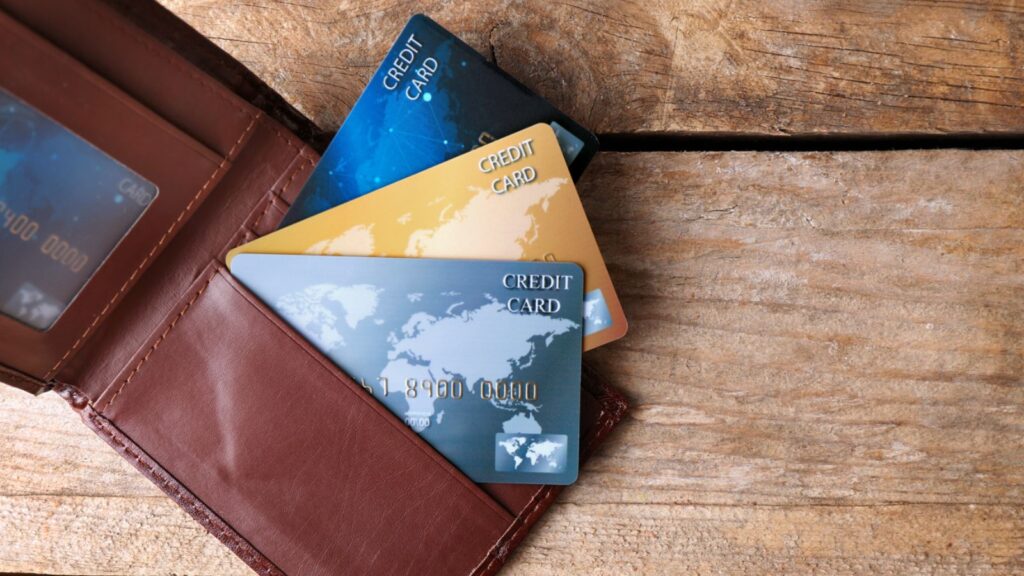
Some credit card companies charge for extra benefits like credit monitoring or travel insurance. Unless you’re using these services regularly, you might as well cancel them and reduce your bill. You can always look for cheaper or free alternatives that give you the same protections once you’ve done a bit of research.
Grow Your Own Herbs
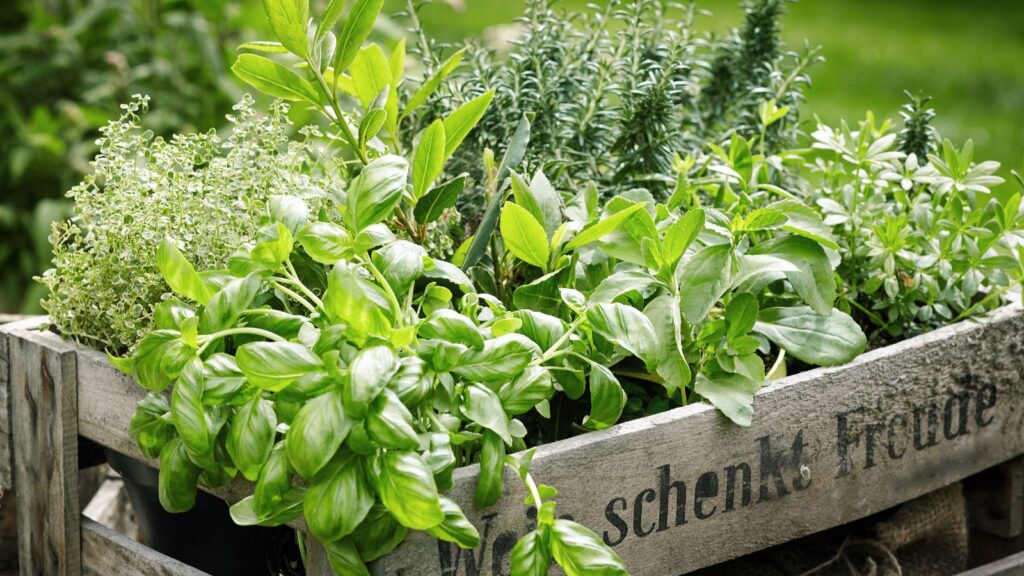
Buying fresh herbs can get expensive, and, more often than not, we don’t use them all before they spoil. Growing your herb garden is much better because it’s a lot cheaper in the long run and far more satisfying. Even if you’re growing them in a small pot on your windowsill, the savings are worth it.
Seasonal Energy Savings

Be careful how you use your HVAC system, especially during peak seasons, as this can add quite a bit to your utility bills. You should use fans in the summer and seal drafts in the winter so you can keep your home at the right temperature without overusing your HVAC. You may even want to adjust your thermostat to lower your energy bills by a degree or two.
Unsubscribe From Marketing Emails
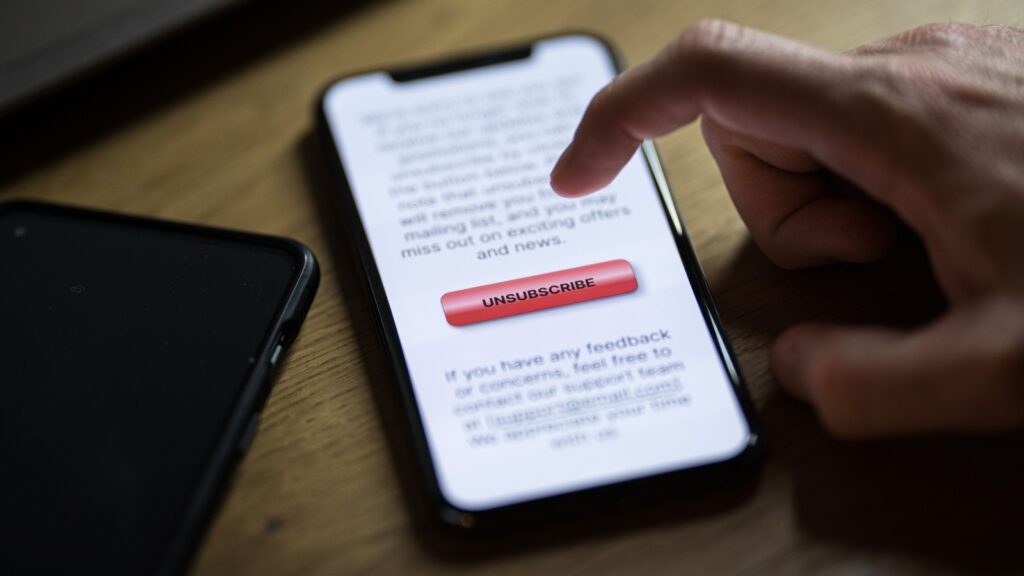
Those marketing emails that flood your inbox are annoying but can also be pretty bad for your wallet. They’ll tempt you into spending some money that you shouldn’t, so take a few minutes to unsubscribe from them. This way, you’re less likely to make impulse purchases, and your budget will be in better shape.
Weekly Meal Planning
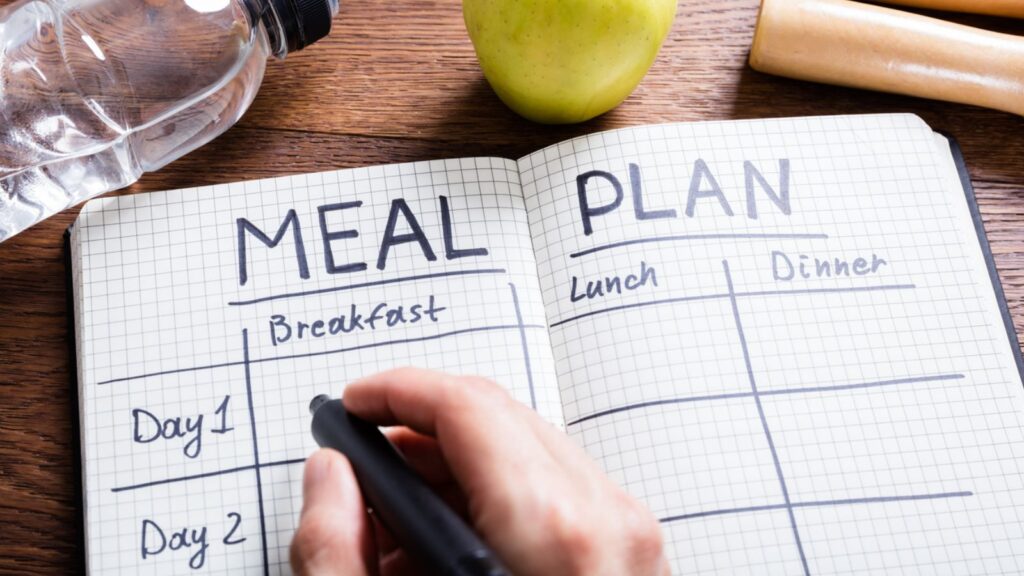
Whatever you do, don’t just buy any groceries you feel like getting whenever you feel like it. You’ll buy more than you need to, and the leftovers will just go to waste. Instead, you should plan your meals for the week so you’ll know exactly what you need to buy. Sticking to your shopping list can really help your savings pile up.
The Cost of Drinks
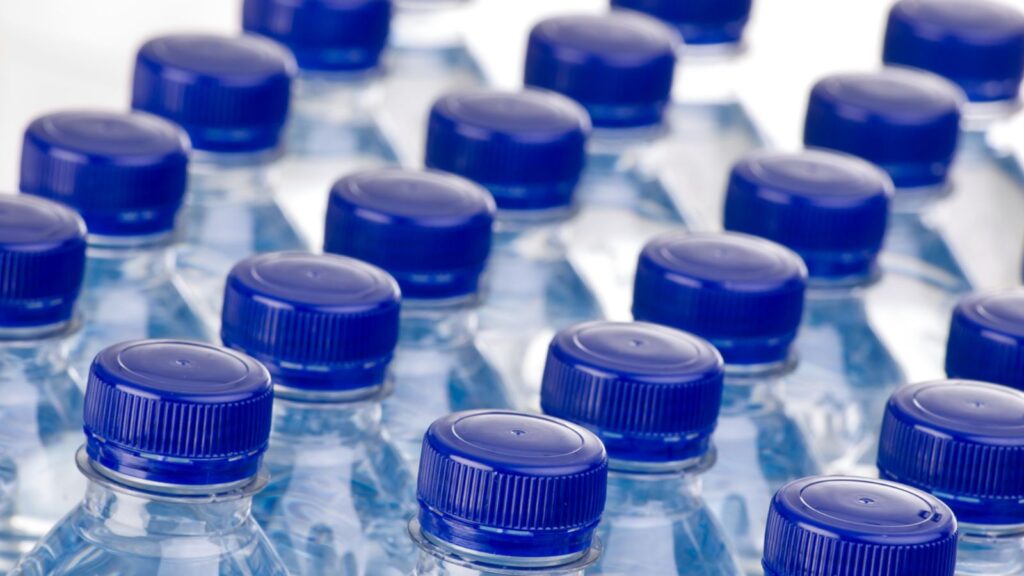
There’s no point in buying bottled water or coffee cups from stores because they waste money. Many cafes will give you a small discount if you bring your own cup, and lots of places will give you water for free when you’ve got a reusable bottle. Switching to reusable ones will cut down on cash and also help the environment.
Mobile Plans

Mobile phone companies are always updating their plans, usually giving you a little more for less. Instead of overpaying for what you have, you should review your plan at least once a year to see if you can get a better deal. Monitor new customer promotions and see if you can negotiate a better rate.
Cleaning Products
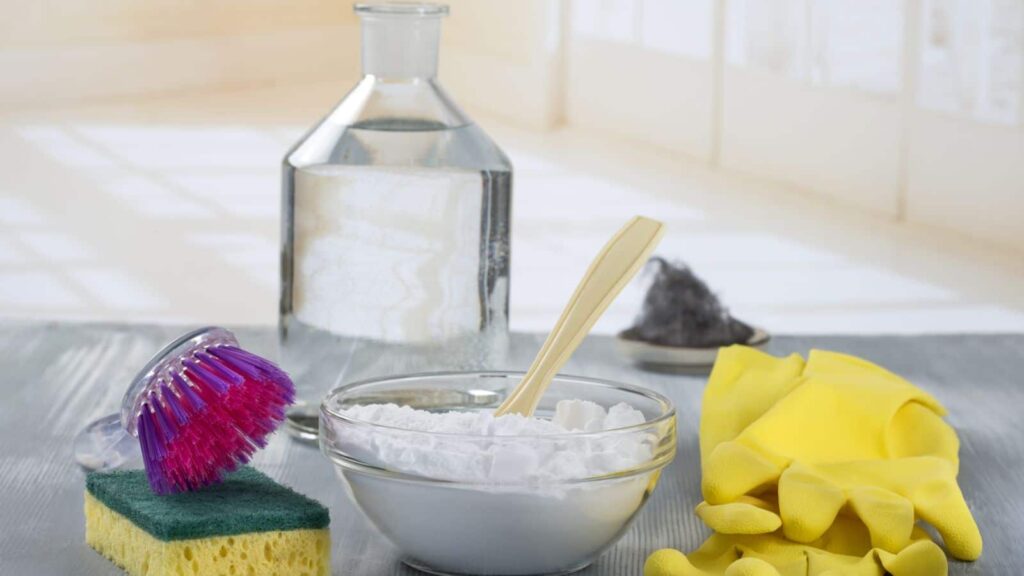
Don’t bother paying for “luxury” or “premium” cleaning products, as you can make some yourself at home. You’ll need vinegar, baking soda, and lemon juice to create DIY cleaning products. This will cut down your costs and allow you to limit the amount of harsh chemicals in your home.
Bring Lunch to Work
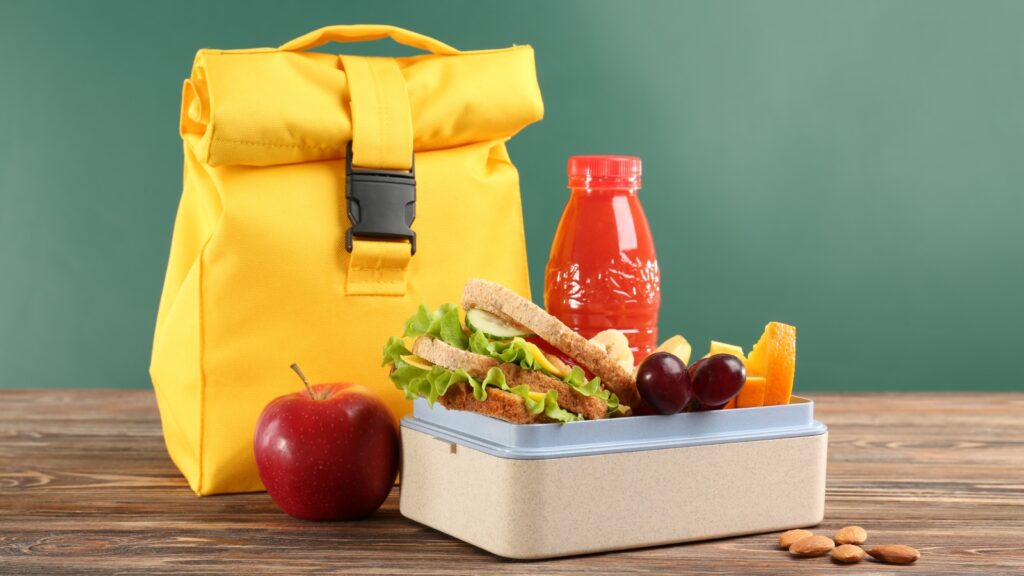
Buying food at work is a huge waste of money because there’s usually a massive markup on the price. You should bring your own lunch, as it can save you money and is usually a lot healthier. Get creative with any leftovers, or even try new recipes to keep things interesting and tasty.
Buy in Bulk

Although it might feel like you’re just buying a few things, those small purchases add up quite a bit. You’re better off buying non-perishables in bulk, especially with things that you use regularly, as it can save you some serious dollars. Just ensure you have enough storage space and that you’ll use it all before it goes bad.
Single-Use Products
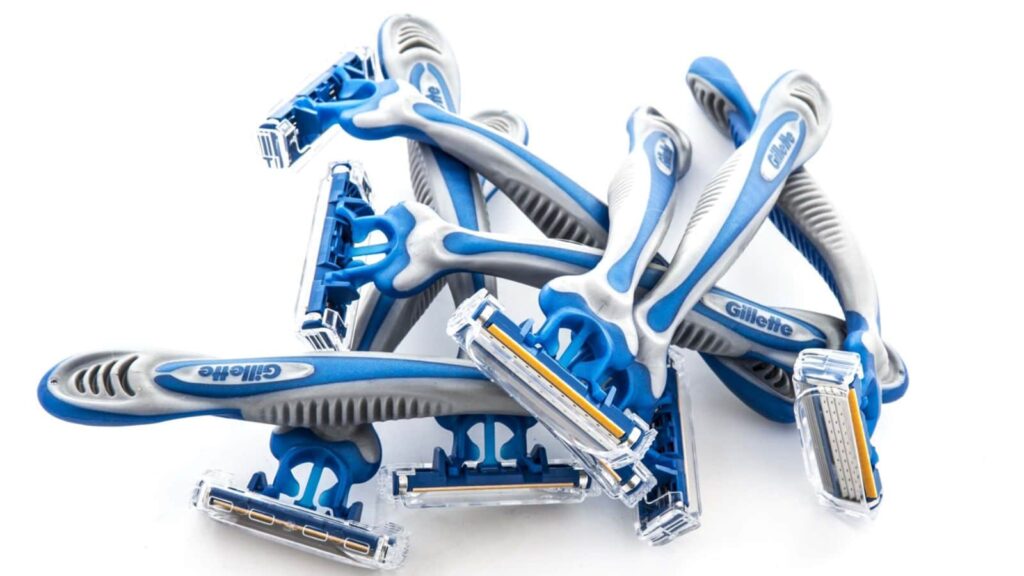
Single-use products like disposable razors and paper plates are bad for both your wallet and the environment. While reusable options might have a higher upfront cost, they’re worth it in the long run as they’re more durable, and you won’t need to replace them as often. You can always start gradually to make this change smoother and more manageable.
Check Your Bills
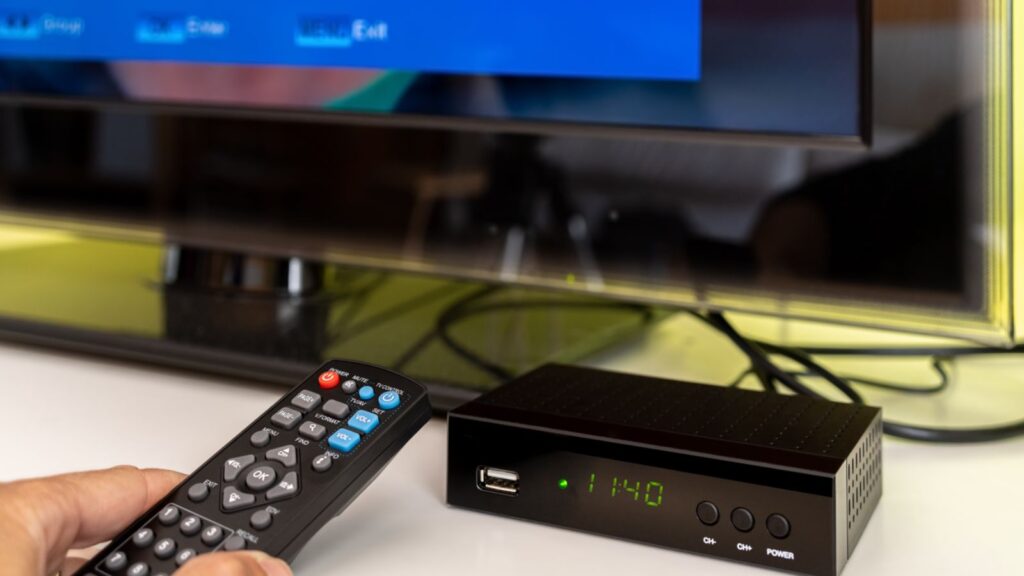
Whether it’s a cable bill or something else, you should never be afraid to negotiate them. Many companies have retention departments that’ll give discounts or promotions to keep customers, and it never hurts to ask. The worst they can say is now; the best is that they’ll give you some savings.
Convenience Stores
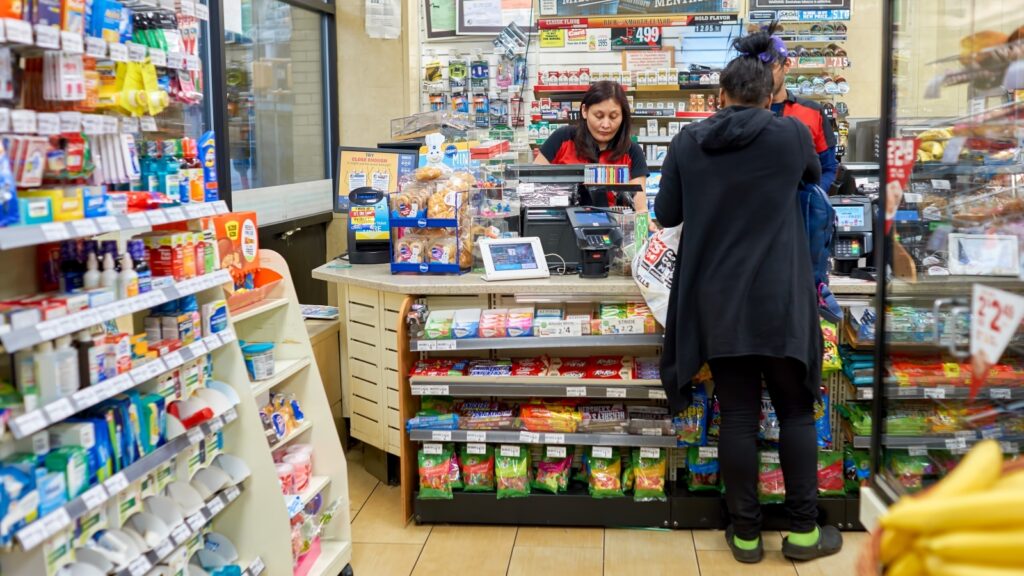
Convenience stores are great for exactly that, convenience, but that comes at a cost. Prices at these stores are usually a lot higher than grocery stores, so plan a bit and buy what you need at large stores. You really don’t want to pay those premium prices just to do a bit of last-minute shopping, do you?
Sharing Subscriptions
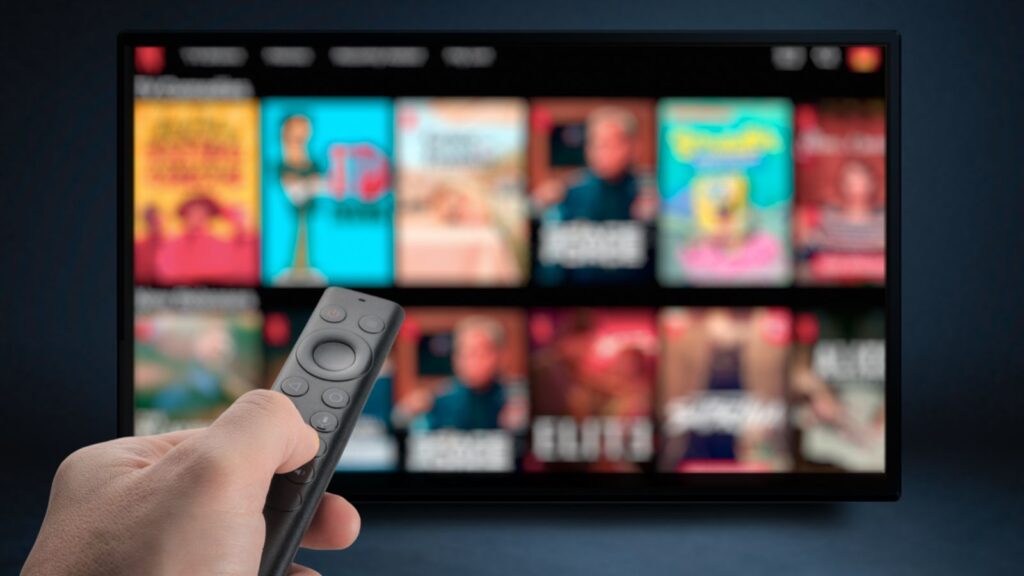
Netflix aside, many subscription services allow multiple users to use them, so don’t bother paying for them all yourself. Share them with your family or friends, and then you’ll all cut down on individual costs but enjoy the full benefits. You just need to make sure you follow the platform’s terms for account sharing.
Collect and Use Rainwater
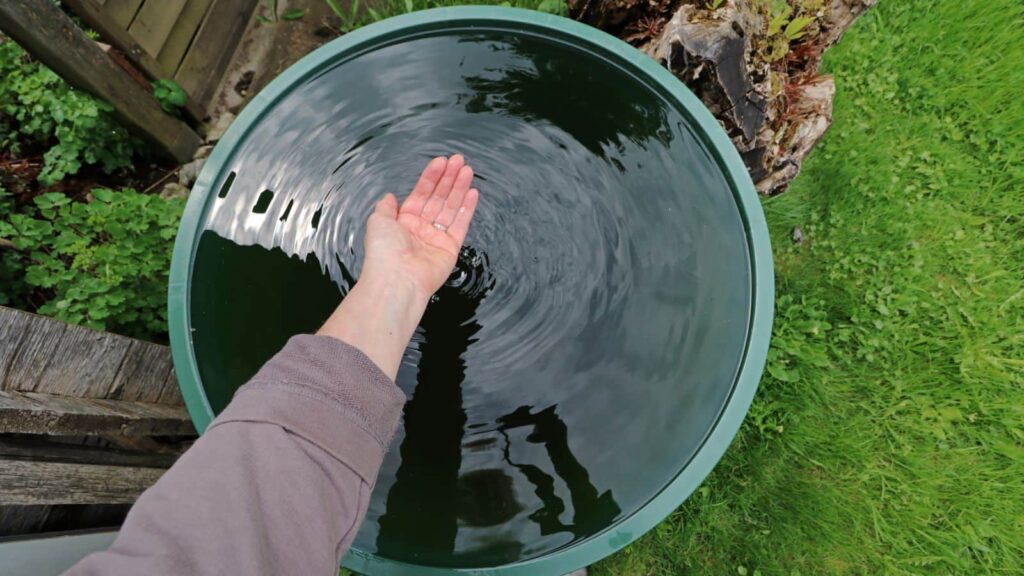
Although many people seem to think it’s illegal, collecting rainwater is perfectly legal in most parts of America. It’s a good way to save money on water bills for watering plants or washing your car, especially if you have a garden. It’ll stop you from relying so much on municipal water systems and lower your annual water expenses.
19 Grim Realities of Dating After 50 That Are Often Overlooked

19 Grim Realities of Dating After 50 That Are Often Overlooked
26 Things That Will Be Extinct Because Millennials Refuse to Buy Them

26 Things That Will Be Extinct Because Millennials Refuse to Buy Them
24 Outdated Slang Terms You Absolutely Shouldn’t Be Using Anymore

24 Outdated Slang Terms You Absolutely Shouldn’t Be Using Anymore
25 Hardest Parts About Getting Older That No One Ever Talks About

25 Hardest Parts About Getting Older That No One Ever Talks About

